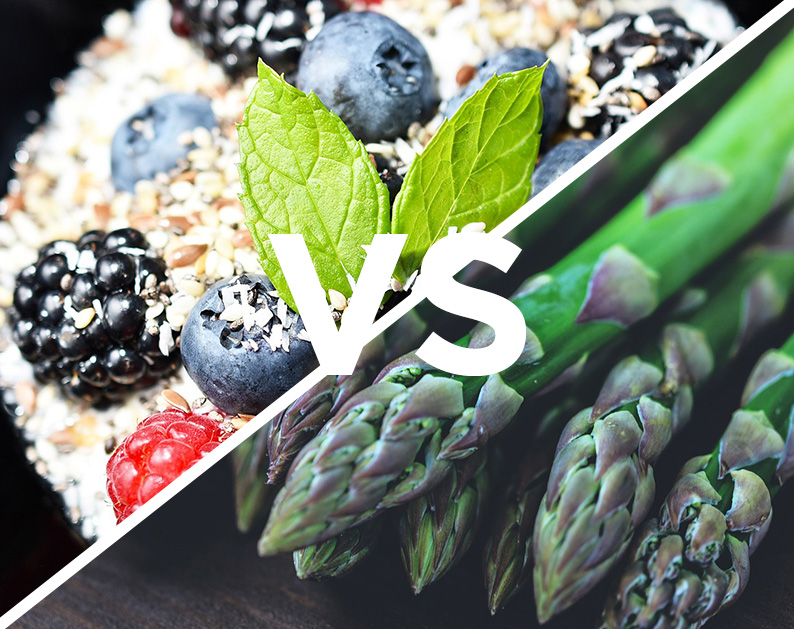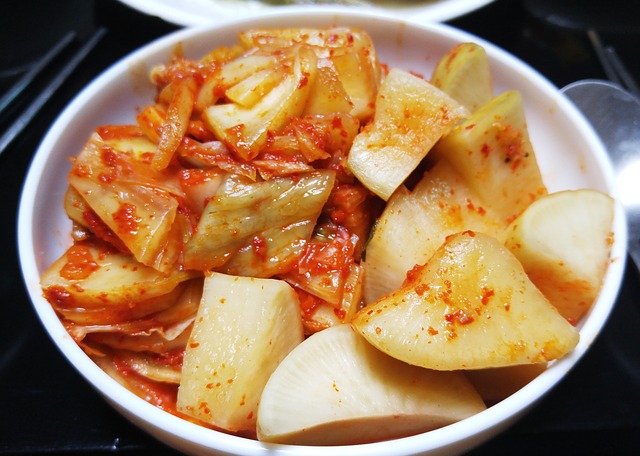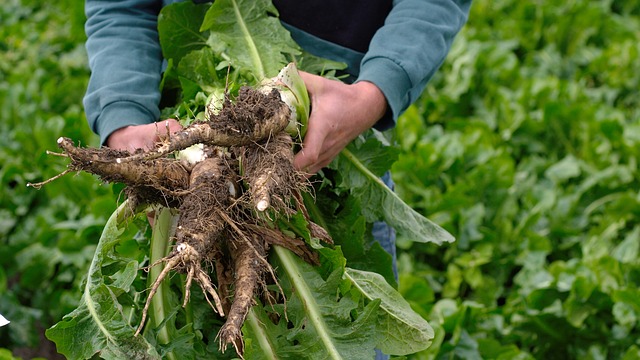Digestion is a critical component of your health and can tell us a lot about your nutritional and lifestyle habits. When taking steps to improve your diet, your digestion should take priority! Prebiotics and probiotics have become healthy buzzwords, and they are something that we should start paying more attention to.
Probiotics are a type of “good” bacteria that can assist in digestion. They are live microorganisms that are the same or similar to the microorganisms that live in your gastrointestinal tract. Your body needs a healthy amount of probiotics in your intestines to balance your digestive system. Nourishing your gastrointestinal tract, especially with probiotics, can play an important role in immunity, weight management, and overall health. Probiotics are found in fermented foods such as yogurt, kefir, kimchi, miso, kombucha tea, and sourdough bread. Check out my previous guest post for a more detailed description of probiotics.
Prebiotics are nondigestible carbohydrates that provide food and nourishment for the probiotics in your intestines. They typically consist of dietary fiber and oligosaccharides, and are found in foods such as chicory root, garlic, leeks, onion, asparagus and Jerusalem artichokes. They are also found in bananas, whole wheat, yams, and sweet potatoes. Eating prebiotic foods can help promote the growth of beneficial bacteria in the colon. If you don’t eat a diet rich in prebiotics, the level of probiotics in your intestines may decrease. However, if you have irritable bowel syndrome (IBS) and are following a low-FODMAP diet, some of these prebiotic foods may not be right for you.
Together, prebiotics and probiotics can help you maintain healthy digestion. Although both probiotics and prebiotics are available in pill form, I always say that food comes first! Plus, not all supplements may be right for you. No food contains both prebiotics and probiotics, but you can try incorporating some of the foods mentioned above into your diet a few times a week to optimize your gut health.



